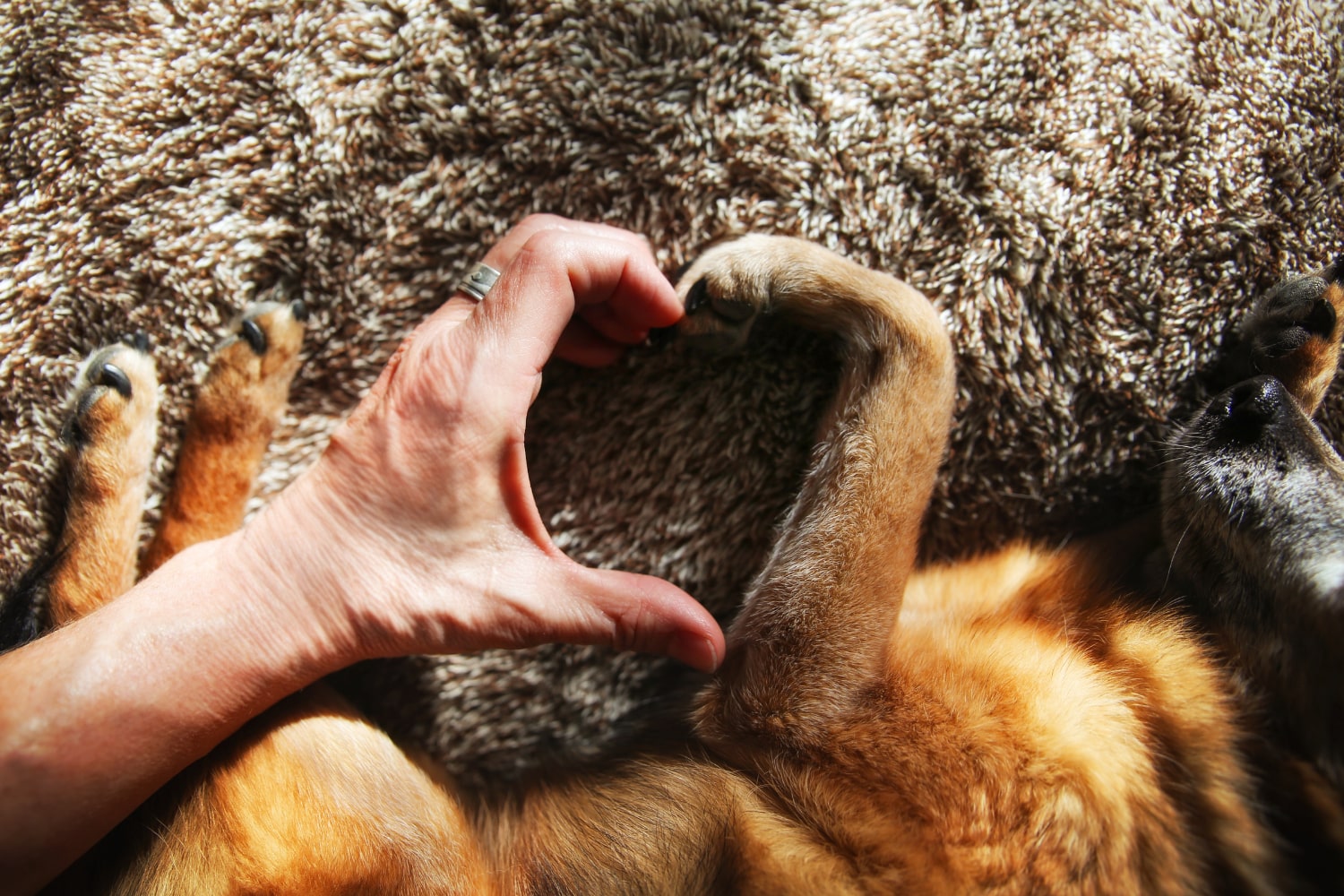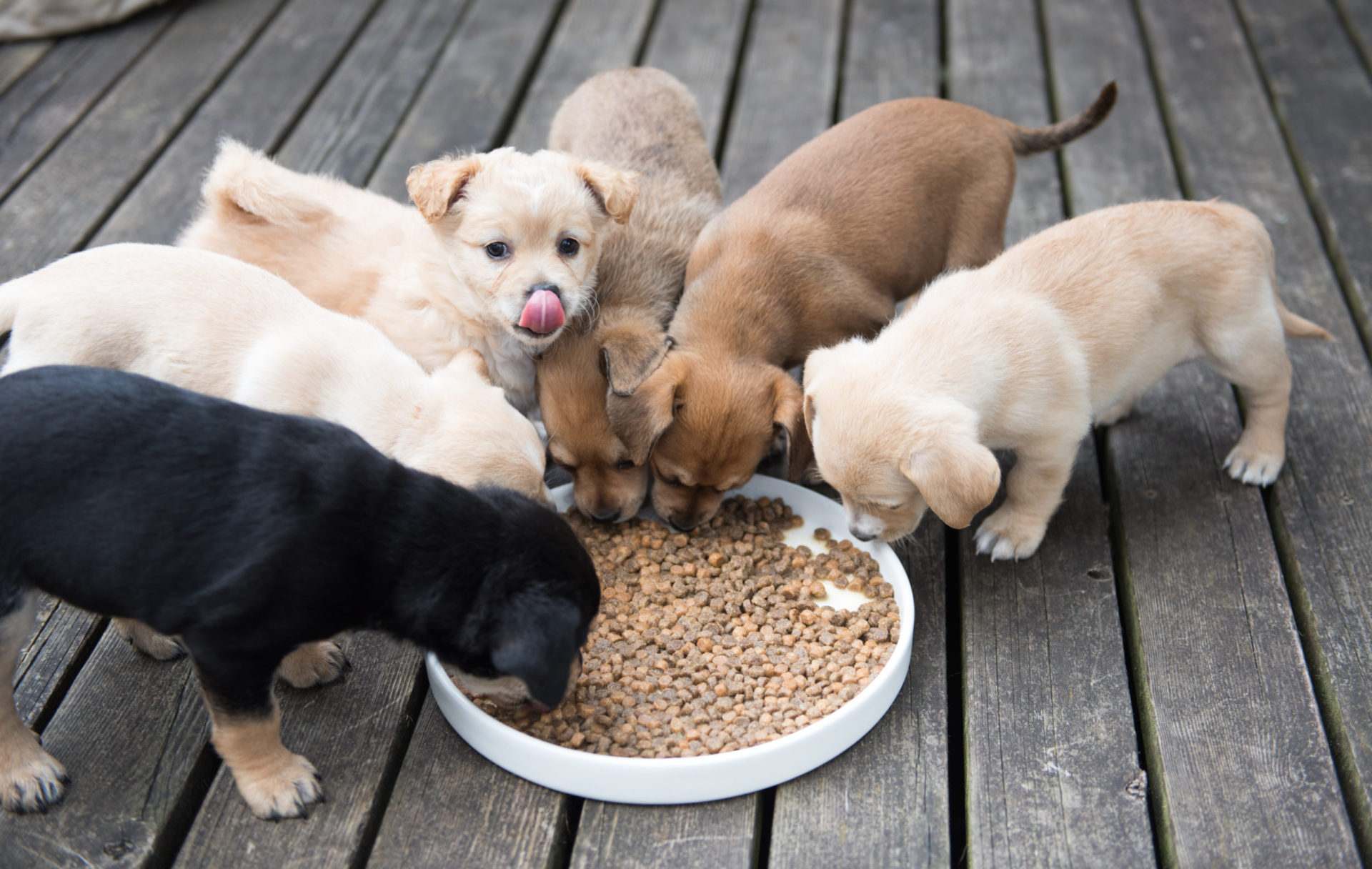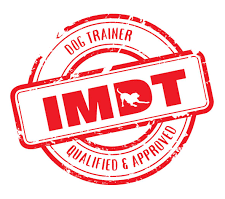Bringing home a new puppy is a very exciting time for every family however they are a massive commitment which can be part of your family for twelve to fifteen years so selecting the right choice of breed is critical. It is important that the dog will fit into your family and lifestyle.
Why do you want a dog?
Think of the reasons why you are wanting a dog:
- As a companion.
- To get more exercise.
- To get out of the house.
- To meet people.
- To compete in sports.
- Your family want a dog.
Owning a dog takes up lots of time and energy especially ensuring that they have the right amount of physical exercise and mental stimulation.
The most important aspect of choosing the right breed of dog for your family is to research what the breed was originally bred to do:
- Herding
- Hunting
- Guarding
As choosing a breed with each of these characteristics will throw up different challenges as the dog develops.
What would you like to do with your dog?
- Agility
- Sports
- Gundog work
- Herding
- Guarding
With most breeds of dogs there are two different breeding lines-working and show for example Show Cocker and working Cocker. Working Cockers are bred for different reasons to a show spaniel so it is important to bare this in mind when contacting the breeders as to which lines they are selecting. Working lines are bred specifically for a purpose so tend to have more drive and require more mental stimulation. Whereas Show lines tend to focus on what the dogs look like. Some breeds like the Border Collie and Siberian Husky have natural instincts to want to work.
Buying a Puppy
It is important to know your puppy’s history so ask the breeder about both the mum and dads background. Some breeds are prone to genetic conditions good breeders will test these conditions when selecting the sire and the dam they are going to breed with these tests can include:
- Hip scoring
- Elbow scoring
- Eye tests
As all of these areas can cause degenerative conditions such as hip and elbow dysplasia.
Colour of coat can also come into play depending on the breed of dog. In some breeds people tend to like ‘rare’ colours which can cause health issues this is typically seen in double merle matings.
Your Daily Routine
You also have to look at your daily routine and know:
- How long will the dog be left for during the day.
- Who will look after the dog if you are not available?
- What training are you going to provide the dog once you get it home?
- Is the breed known to be good with Children if you have them or visit your home regularly?
- Is the breed known to get on with other animals?
- Have you already got a dog that the new arrival needs to live with?
Other Considerations
Dogs are not cheap animals to keep so also to keep in mind is:
- Cost to feed
- Vaccinations
- Have a good dog insurance
- Vet bills
- Having proper equipment such as a crate, leads, collar, and ID tag
- Access to toys and chews
- Keeping up with Flea and worming cycles
Training a puppy takes a lot of time and consistency teaching them how you would like them to behave. It is crucial to start training as soon as possible. Training is an ongoing process throughout the dog’s life as they are always learning.
Make sure you and your house is ready for the new arrival.
We hope you enjoy your new family member and all the adventures and fun you are going to experience together!







Leave A Comment